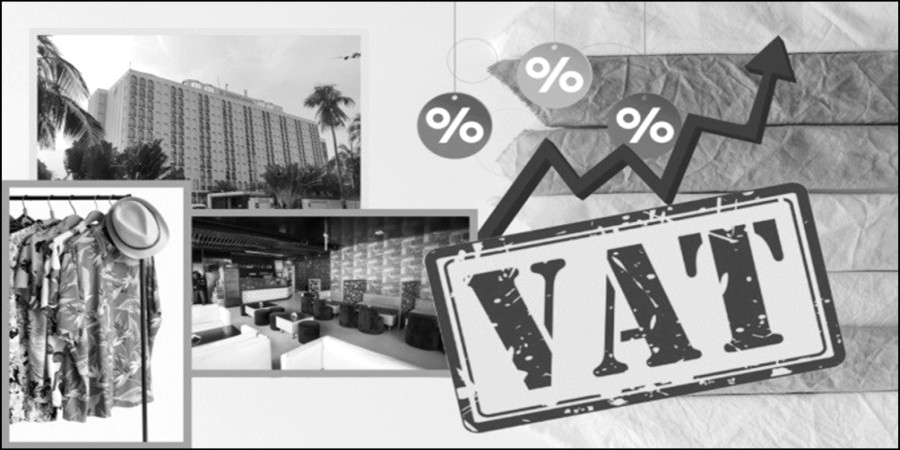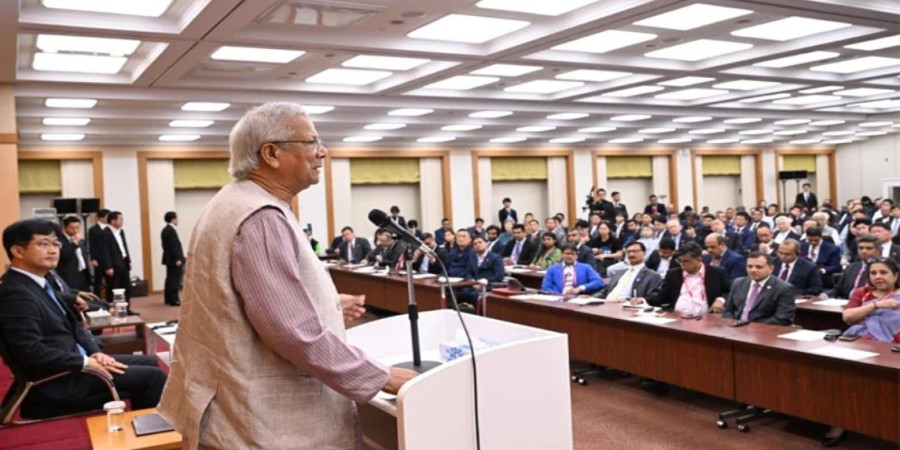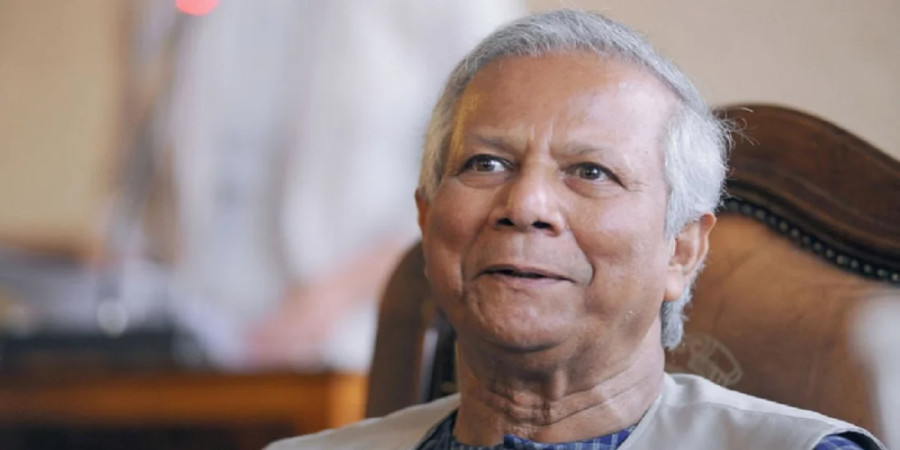
ছবি: Photo: Collected
The interim government of Bangladesh has approved a decision to raise the VAT on 43 different products and services, including restaurant bills, clothing purchases, and hotel services, as part of an effort to increase state revenue. The proposed changes to the VAT and Supplementary Duty Act were discussed and given preliminary approval in a meeting of the Advisory Council on Wednesday.
As per the new policy, the VAT on restaurant bills will rise from the current 5% to 15%. This adjustment is part of broader changes that aim to increase the tax burden on the middle and upper-middle classes. While the government's finance needs are at the core of this initiative, experts believe it will put additional pressure on consumer expenses.
According to sources at the National Board of Revenue (NBR), VAT on ready-made garment purchases is also expected to increase from 7.5% to 15%, and a similar hike will be applied to sweets and non-AC hotel services. This will further escalate costs for consumers in those sectors.
The government’s objective is clear: to boost revenue, which has been under pressure due to the rising fiscal deficit. Sources familiar with the matter said that these adjustments were also influenced by international financial institutions like the International Monetary Fund (IMF), which has set conditions for Bangladesh to increase its VAT rate to 15% as part of a loan agreement.
The IMF’s loan conditions, which came with certain fiscal reforms, are seen as a driving force behind this VAT increase. Economists argue that these hikes may be necessary to improve the country’s revenue-to-GDP ratio, which is currently very low. However, they warn that it could lead to higher expenses for the general public, particularly the middle class.
The scope of the VAT increase is broad, covering a wide array of products and services, from food items like biscuits and pickles to hotel services, tissue paper, and transformers. In addition, VAT will also be imposed on services such as driving license card production by the Bangladesh Road Transport Authority (BRTA).
This initiative is part of the government's ongoing efforts to reduce fiscal pressures. Despite the challenging economic climate, the government hopes these measures will ensure a stable revenue stream and meet its loan commitments. However, it is anticipated that these changes could lead to an increase in consumer prices, affecting everyday expenses for a large portion of the population.
Besides VAT, the government is also considering hikes in supplementary duties. For example, the supplementary duty on alcohol is expected to rise from 20% to 30%, while the import duties on products like fruit juice, tobacco, and betel nuts may see increases of up to 45%.
As part of its broader fiscal reforms, the government is also considering changes to turnover tax rates for businesses. Companies with annual transactions between 30 to 50 lakh BDT may soon be required to pay turnover tax, whereas, until now, this tax applied only to businesses with transactions between 50 lakh and 3 crore BDT.
In the context of international travel, the government is also planning to raise excise duties. Travelers flying domestically may see an increase in excise duty from 500 BDT to 700 BDT. Additionally, for international travelers, excise duties for destinations within the South Asian Association for Regional Cooperation (SAARC) region may increase from 500 BDT to 700 BDT, while those traveling to Europe and the United States may see an increase from 3,000 BDT to 4,000 BDT.
While the government moves forward with these changes, it must also adhere to constitutional procedures for implementing tax adjustments. In Bangladesh, such modifications can only be carried out through presidential ordinances outside the regular parliamentary process. The NBR expects this ordinance to be issued next week, and the new VAT rates will likely be enforced once the ordinance is enacted.
Many economists, including Mustafizur Rahman, Senior Fellow at the Center for Policy Dialogue (CPD), acknowledge the need for more direct taxation to boost Bangladesh's revenue, given the country's economic pressures. However, they also caution that the hikes could disproportionately affect middle-class consumers, already struggling with high inflation. They recommend that the government take steps to balance revenue generation with the potential impact on citizens' living costs.
The government's focus is on expanding the VAT base and raising the rates in order to meet revenue targets and improve the country’s fiscal situation, which has been stressed by rising debt levels and a widening trade deficit. The VAT hike is seen as one of the measures to help stabilize the economy and ensure continued support from international lenders.
As the implementation of these new rates unfolds, it is clear that the government will continue to face challenges in balancing fiscal sustainability with public support. While the VAT increase will help fill gaps in the national budget, the financial strain on consumers, particularly the middle and lower-income groups, will be a point of concern in the coming months.
repoter






